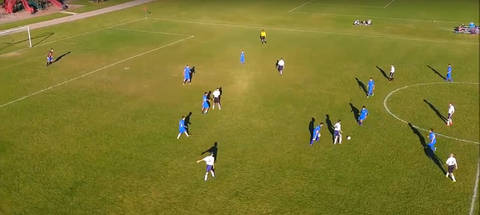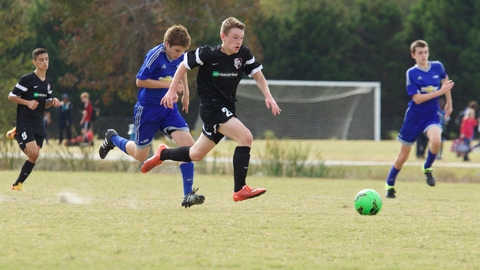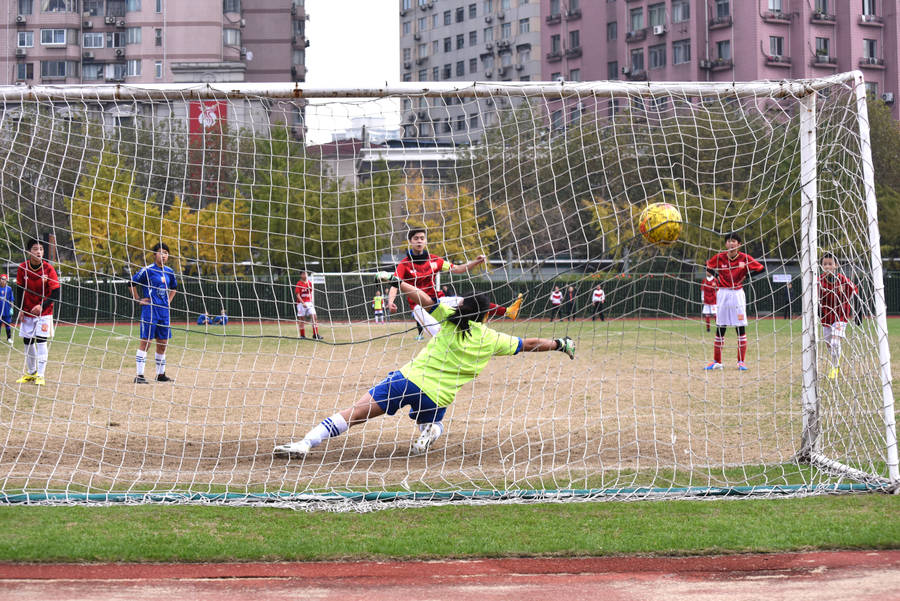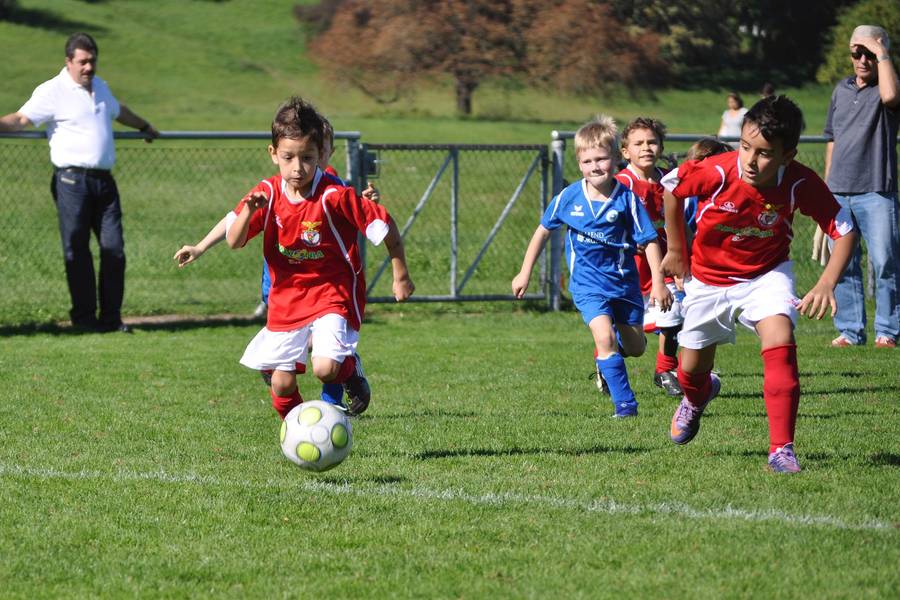
Whether we actively pursued our opportunity to be a youth football coach or were ‘volunteered’ by the other parents at your child's football team, the likelihood is we all have a passion for the game and for helping young players to develop.
One other thing we are likely to share in football is the common belief that we know how to best go about the business of coaching and helping to support and develop young players.
Football as a game is almost unique in the way that it gives people the cast iron belief that they know best and “their way is the only way,” to the exclusion of all other opinions.
Very often we see this manifest itself in poor behaviour from players and parents and sometimes even coaches when disagreements occur as they inevitably do.
Hand on heart I'm no different either. I firmly believe that I know what I’m doing and my coaching influence over the team that I look after is undeniably for the better. I can see that the young players I come into contact with are improving all the time and allow myself to be pleased and self-satisfied that it’s because ‘I know what I’m doing’.
In truth though I’m no better or worse than many thousands of coaches doing their best to help and support the players we work with at Grassroots level. I have no real basis for putting together a list of mistakes I see in other coaches really, but for the fact that I’ve been coaching for some time now and have my own opinions formed over that period.
It’s fair to say that part of me recoils from modern trends and the influences of the mass media hype around football and coaching, so it’s entirely possible you won’t agree with any of the following.
I've offered some specific examples though, but it is by no means an exhaustive list and is only my opinion so is there to be shot at:
1. Talking too much
Coaching contact time at grassroots level is so limited there is little value in the players standing around listening to you talk. The game and the individual development of players is based around their contact time with the ball and in different drills and game situations.
Hearing your opinion about why you conceded that last minute goal at the weekend may satisfy your need to vent your spleen but actually achieves little else. Time to shut up and let them play.
2. Producing 5 a side players
Trying to emulate Barcelona's tika taka is all well and good but are you actually giving your players the tools they need to be the best players they can be?
This is a controversial one because many people in the UK see the development of our players as significantly behind those on the continent and around the world.
They would say it's the fact that in this country we value strength and power and pace over technique as a reason why our players are so inferior on the international stage.
However, this appears to have manifested itself, and this is true both through grassroots and professional academies, into a form of the game that is based around possession at all costs, invites mistakes and ill prepares players for when they play open age football.
There are many players I’ve seen who train well and have all the tools to move forward but simply can’t cope when the physical nature of the full game is introduced or the game is lengthened.
Actually playing medium range and long-range passes requires high quality technique that is practiced the world over and I personally see that youth players who grow up without mastering these techniques or playing in games that place physical demands on them, are all the poorer for it.
Passing for the sake of it takes away vital skills around game awareness and decision making.
Guardiola himself is said to hate the term tika taka and doesn’t believe his teams play as expansively as they are given credit for in the media. A long pass is not the same as an aimless lump upfield
3 Turning young players into amusement arcades
The popularity of online skills videos has altered the way that young people look at the game and what is important in it. There’s not a week goes by where one of the players isn’t trying to show off a new trick at training.
How many times have I seen young people trying to nutmeg their mates and prioritise this over making a constructive pass or having a shot.
Likewise, I've seen young players through one-on-one in goal scoring opportunities with the goalkeeper and rather than simply finish the and put the ball into the goal they try to perform some showcase skill which results in them fluffing it and missing the opportunity.
There is plenty of skill involved in getting the ball into the goal and sometimes this is forgotten by the young players that we work with and their coaches.
Banning tricks and flicks in games might be a step too far and it marries with the above point in terms of its likely unpopularity with modern trends but garnish or no garnish high quality, sharp passing still trumps all.
4. Over coaching
We should remember that junior football players are young people with ideas and imagination and the idea that we should replace that with some uniform form way of playing which is drilled into them by countless repetitive rituals to remove their personality from the field of play is a mistake.
This might run counter to the previous point but the whole stop, start nature of constant intervention and interference leads to stilted sessions and poor outcomes.
Players learn more when they find out for themselves by doing. They just need the coach to fill in the gaps not describe the whole story.
5. Forgetting about defending and what good defending looks like
Good quality defending is a dying art in the game you only need to look at any Premier League match to find numerous examples of poor quality defending with players diving in, getting squared up, switching off during phases of play and making poor decisions.
This is linked to the previous points about finding the right things to teach whether it meets the modern view of the game or not.
The plain facts are that keeping the ball out of your goal is 50% of the game.
Defensive skills are just as important as attacking skills and should be practiced as relentlessly as the attacking skills are. It is not enough to rely on the natural physical abilities of young players to answer all their defensive questions.
It is essential that young players are taught good technique and how to make good decisions in defensive situations.
So, there are five reasons why I think that modern youth players are finding themselves ill equipped to go and achieve their full potential in the game. It probably goes against the grain of a lot of modern practice and no doubt there will be plenty of disagreement but what would your top five be?


















